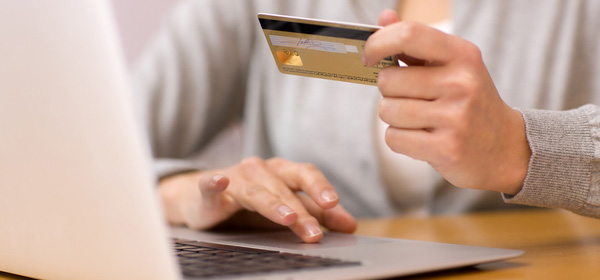Are you one of those forgetful types when it comes to paying regular bills, like me? Thankfully, automated payments came to my rescue years ago. Not only do these scheduling arrangements make sure that invoices don’t pile up, but they have also saved me money by helping me avoid late payment fees.
And, importantly, they have also kept my credit score clean, without which I may have struggled to get extra credit or a loan for an emergency in the future.
In fact, nowadays, I get down right angry if a service provider does not extend a facility for me to set and forget my payments. Like the company that collects my hard rubbish several times a year. They insist I leave cash under my doormat the day before they are due to pick up … no way, Jose! I live around the corner from a railway station (read a hub for wandering junkies) and there is no way I’m going to leave anything precious outside of my deadlocked doors and windows.
So each time the collection company leaves a bill in my letterbox, I have to traipse to the post office and buy a money order for around $10 to settle the $25 bill!!! Not even the greedy banks charge that much for most one-off, small transactions.
But back to automated payments. They have been the salvation of a life too busy to set aside hours at the end of the week to make sure bills are paid manually. That’s just not a thing anymore. Here are two of the most trusted automated payment systems you can easily set up for your regular invoices:
- Direct debit – this is an electronically generated transaction that transfers money out of your savings or credit card account to your service provider’s account. The amount can be set or variable, allowing the provider to issue a debit request. This method is ideal for trusted services, such as insurance premiums, rates and utility bills. Remember to always have sufficient funds to cover the bills and avoid any ‘dishonour’ charges. And, don’t forget to check your monthly statements. Mistakes do happen and if the wrong amount has been debited to your account, you should ring the provider immediately.
- BPay view – this is a clearing house for many of your bills. It facilitates invoices to be sent to your online banking hub, avoiding paper statements, then the system sends you an SMS text message to say a payment is due. With one click you can transact the payment or even schedule automatic payments for future bills.
There are other third-party platforms, such as PayPal, which offer recurring payment options, but to stay on the safe side, it is best to go through the more secure systems of your bank for automated bill settlements.
If you would like to set up an automatic payment for your bills, speak to your bank and your service provider for instructions. Ask how you can vary or terminate an automated payment in case your circumstances change in the future.
What method do you use to pay your bills? Do you still go to a bank or post office to pay bills over the counter? Do you still write cheques? Have you ever had a problem with an automated debit system?
Related articles:
Paying off bills
Unfair charges
Debit card or credit card?

